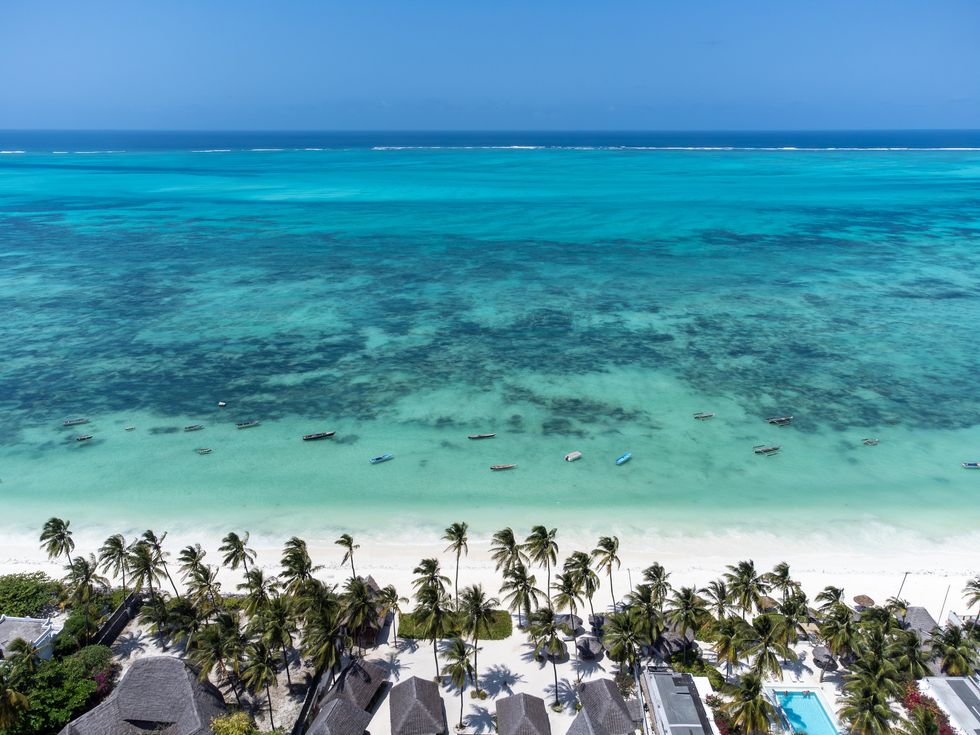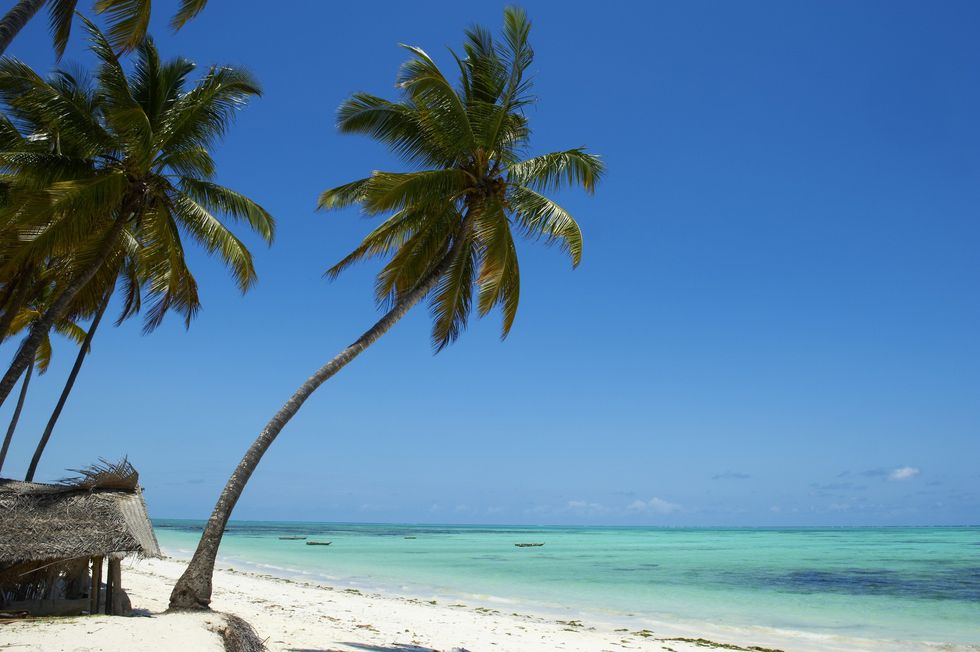The Foreign, Commonwealth and Development Office (FCDO) has updated its travel advice for Tanzania, warning holidaymakers about a health risk they may face.
Nine suspected cases of Marburg Virus Disease (MVD) - including eight deaths - have been reported in Tanzania's Kagera region, health officials confirmed.
The cases were identified across two districts, Biharamulo and Muleba, as of January 11, 2025.
Laboratory results are currently pending for the suspected outbreak, which was officially reported on January 13, 2025.
Eight deaths have been reported since January 11, 2025
GETTY IMAGES
The virus, which belongs to the same family as Ebola, can cause severe haemorrhagic fever with a historical fatality rate ranging from 25 per cent to 88 per cent.
The Foreign, Commonwealth and Development Office (FCDO) consequently updated its travel advice for Tanzania in response to the outbreak.
In the latest advisory, travellers were advised to check vaccine recommendations at least eight weeks before their trip.
The FCDO highlighted several health risks in Tanzania, including dengue, malaria, cholera and the suspected MVD outbreak.
TravelHealthPro, the official UK travel health guidance website, issued a special notice about the situation in the Kagera region, advising visitors to "take extra precautions". Tourists were advised to consult the travel website for essential information on MVD.
Marburg virus is primarily hosted by bats but can also infect non-human primates and antelopes.
The virus spreads through direct contact with blood, bodily fluids or contaminated materials from infected individuals after they develop symptoms.
Humans can be infected through prolonged exposure to mines or caves inhabited by Rousettus bat colonies, or exposure to the body tissue or fluids of infected animals.
Initial symptoms include sudden high fever, severe headache, muscle aches and general weakness.
Gastrointestinal symptoms typically develop within two to five days, followed by severe haemorrhagic symptoms within a week. There is currently no licensed vaccine or proven treatment for MVD.
UK health officials have outlined key prevention measures for travellers visiting MVD risk areas.
Regular handwashing with soap and water or alcohol-based hand rub is essential.
Initial symptoms of MVD include sudden high fever, severe headache, muscle aches and general weakness
GETTY IMAGES
Raw or wild meat should be avoided, and all fruit and vegetables must be washed and peeled before consumption.
UK travellers who become unwell after returning home should immediately contact their GP or call NHS111 for advice.
It is crucial that returning holidaymakers inform healthcare professionals about their recent travel history to ensure appropriate measures and testing can be arranged.
Aid workers and health professionals planning humanitarian work in affected areas should seek risk assessment advice and training from their employer before travel.
They should also familiarise themselves with the UK Health Security Agency guidance on Ebola and Marburg haemorrhagic fevers.
Before going abroad, Britons should consult the FCDO for the most up-to-date information on warnings and insurance, entry requirements, warnings and insurance, health and getting help.
A fresh travel warning was issued to British tourists as "serious" organised crime poses a "high risk to safety" in South American spot.

 By GB News (World News) | Created at 2025-01-18 11:56:26 | Updated at 2025-01-22 04:36:05
3 days ago
By GB News (World News) | Created at 2025-01-18 11:56:26 | Updated at 2025-01-22 04:36:05
3 days ago










